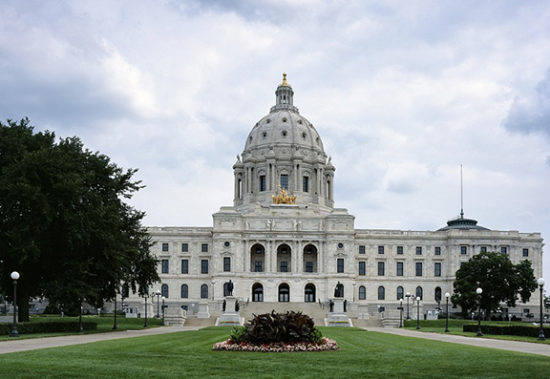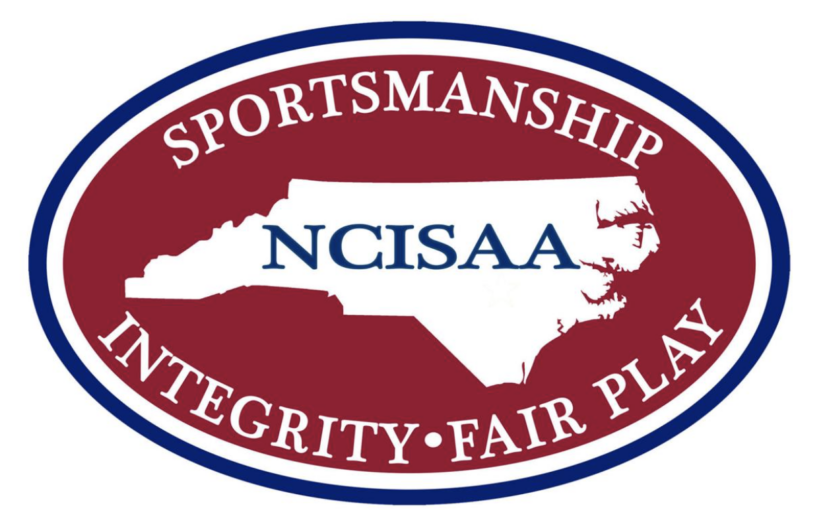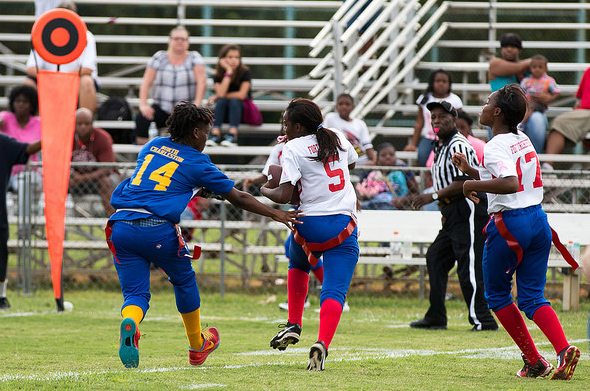Opinion: Government intervention in sports is necessary
As the fight for smaller government rages on, we’re often reminded that Big Brother still has its place. Sometimes, that includes high school sports.
In May, Minnesota Gov. Mark Dayton signed a bill preventing school boards from using parent complaints as the sole reason not to renew a coach’s contract. The National Federation of State High School Associations calls the bill the first of its kind, and the organization will undoubtedly keep a close watch on its effect.

While the bill won’t entirely shield coaches from vicious parents, it does create a veil of protection that will save some jobs. More importantly, it’ll provide coaches grounds for recourse should a school board violate it.
The government’s role in sports holds considerable value. I welcome its presence, but it must first allow for decisions to be made at a lower administrative level. In this case, the lower level is failing. That’s what happened in the late 1990s when we first learned steroids were rampant in baseball, and it’s taking place now with concussion regulations where new laws and policies are being established in partnership with state associations.
This spring, we surveyed more than 2,000 coaches and athletic directors, and only 28 percent say they trust their school boards. That’s because most have experience with board members who are more concerned with protecting special interests than those in the schools. The school boards association in Minnesota is upset by the state’s actions, but when local officials prove to be incapable of doing their jobs, this is what happens.
Sure, the local board should get the first crack at making decisions that directly affect their communities, but we shouldn’t be alarmed when a greater authority intervenes. I spent five years as a newspaper reporter, working closely with school boards and city councils, and I’ve witnessed special interests taking precedence over fairness.
That takes place in big government too, but officials there lack the personal relationships in your school district that lead to bad decisions. They don’t have disgruntled parents cornering them in grocery stores or restaurants threatening their chances at re-election. When it comes down to it, those in the athletic department overwhelmingly believe school board members will sell them out for another term. And without union protection, their concern is legit.
We should always question the government’s role in sports, but understand that the oversight provides another layer of security. It might work and it might not, but it sends a message — one that must be heard by Minnesotas school boards.
None of this would be an issue if parents didn’t possess a false sense of entitlement. You may not be able to sway the government or your school board, but what you can do is create a communications strategy that effectively addresses problems with parents. Clearly lay out your rules and expectations. If you can achieve that, you have a chance to head off petty grievances before they get out of hand.





